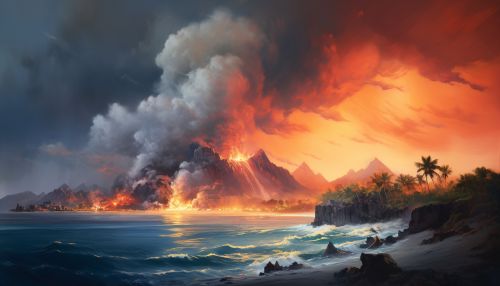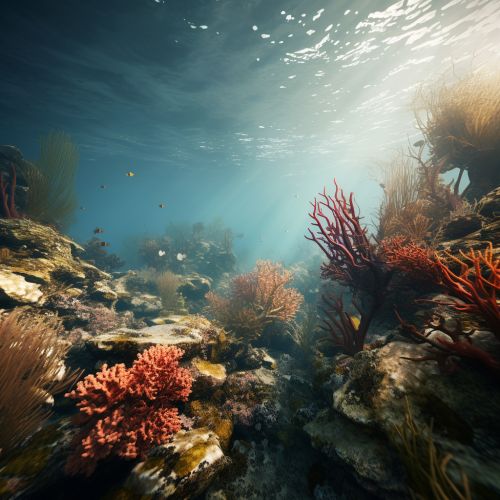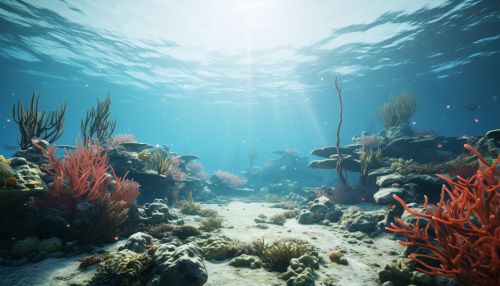Marine Pollution
Overview
Marine pollution, also known as ocean pollution, is the introduction of harmful materials into the ocean. These materials, known as pollutants, can have devastating effects on marine ecosystems, impacting both flora and fauna, and can also have significant impacts on human health and the economy.
Causes of Marine Pollution
Marine pollution can be caused by a variety of sources, both natural and anthropogenic (human-caused).
Natural Causes
Natural disasters such as hurricanes, tsunamis, and volcanic eruptions can cause significant marine pollution. These events can stir up sediment, release harmful substances into the water, and cause physical damage to marine habitats.


Anthropogenic Causes
Human activities are the primary cause of marine pollution. These activities can be categorized into two main types: land-based sources and sea-based sources.
Land-Based Sources
Land-based sources of marine pollution include agricultural runoff, industrial discharges, and municipal sewage.
Agricultural runoff often contains fertilizers and pesticides, which can cause eutrophication and algal blooms in marine environments.
Industrial discharges can contain a variety of harmful substances, including heavy metals, oils, and toxic chemicals.
Municipal sewage, if not properly treated, can introduce pathogens and nutrients into marine environments, leading to disease outbreaks and eutrophication.
Sea-Based Sources
Sea-based sources of marine pollution include shipping activities, offshore drilling, and marine litter.
Shipping activities can lead to the introduction of invasive species through ballast water, oil spills, and the discharge of waste and cargo residues.
Offshore drilling can result in oil spills and the release of drilling muds and produced waters, which can contain harmful substances.
Marine litter, particularly plastic waste, is a significant source of marine pollution. It can cause physical harm to marine life and introduce toxic substances into the marine environment.
Effects of Marine Pollution
Marine pollution can have a variety of effects on marine ecosystems, marine life, and humans.
Effects on Marine Ecosystems
Marine pollution can cause significant damage to marine ecosystems. It can lead to the loss of biodiversity, changes in species composition, and alterations in ecosystem functions.
Eutrophication, caused by the excessive input of nutrients (often from agricultural runoff and sewage), can lead to the depletion of oxygen in the water, resulting in the death of marine life and the creation of dead zones.


Effects on Marine Life
Marine pollution can have devastating effects on marine life. Pollutants can cause physical harm, such as entanglement or ingestion of plastic waste, and chemical harm, such as poisoning from toxic substances.
Marine pollution can also lead to the decline of certain species, changes in reproductive patterns, and alterations in behavior.
Effects on Humans
Marine pollution can also have significant impacts on human health and the economy.
Seafood contaminated with pollutants can pose health risks to humans, including food poisoning and long-term health effects from the accumulation of toxic substances.
Marine pollution can also impact the economy by affecting industries such as tourism and fishing.
Prevention and Mitigation
Preventing and mitigating marine pollution requires a combination of regulatory measures, technological solutions, and changes in human behavior.
Regulatory Measures
Regulatory measures can include laws and regulations that limit the discharge of pollutants into the ocean, standards for wastewater treatment, and restrictions on certain types of marine activities.
Technological Solutions
Technological solutions can include the development of cleaner industrial processes, improved wastewater treatment technologies, and innovations in waste management.
Changes in Human Behavior
Changes in human behavior can include reducing the use of single-use plastics, properly disposing of waste, and supporting sustainable practices in agriculture, industry, and other sectors.
